The Ego Death of Bran Stark (Why He’s Weird)
Game of Thrones Season 8 has come under fire for what some fans describe as poor writing. While an argument could be made for the increasing deterioration of the show’s complexity, the fundamental narrative elements are still intact.
One plot point that has infuriated fans is the complacency of Brandon Stark, or the Three-Eyed Raven. Thanks to this title, Bran has mystical abilities, such as Warging (possessing animals and cognitively disadvantaged individuals) and Greensight (visions of the past, present and some parts of the future).
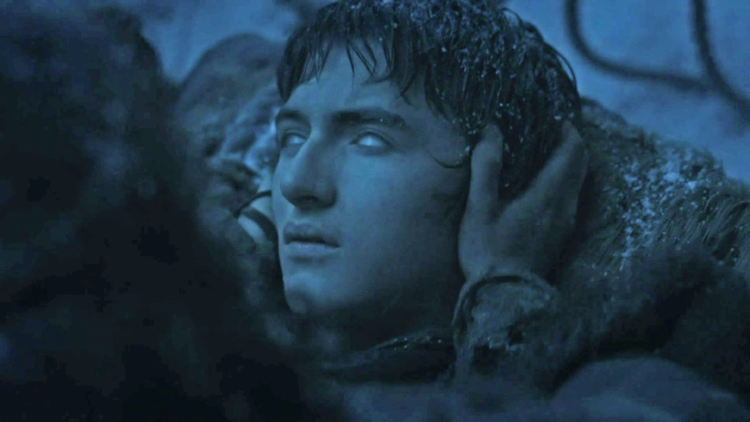
The former ability has been noncontroversial, but the latter has caused relative uproar. Fans have criticised Bran’s character for not using his pseudo-omniscience to help his family and allies in the conflict against their enemies.
There is even a theory floating around on Reddit that Bran is evil, because that must be the only explanation for his apathetic attitude. This theory completely misses the point of apathy. It’s not that Bran is immoral, it’s that he is amoral.
What does it mean to be a Three-Eyed Raven?
To understand the psychology behind Bran’s character, we must examine the metaphysics underlying a Three-Eyed Raven.
Now, in episode two of season eight, Bran has a line of dialogue that is particularly illuminating. When explaining the Night King’s motivation, Bran says the following:
“He wants to erase this world, and I am its memory.”
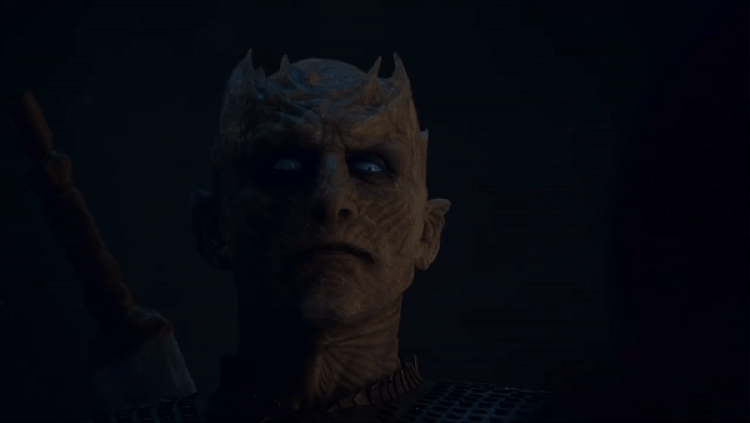
As an embodiment of death, and perhaps, destructive chaos, the Night King’s purpose is to destroy life and the culture that arose from such life. As Bran is something like objective Being (consciousness) incarnate, his death would be detrimental to the legacy of life.
But what does it mean to be an incarnation of objective Being? Well, individual consciousness is subjective Being. Your individual perception constitutes a subjective experience of Being. This raises the question; what is Being divorced from subjective experience?
It’s everything at once. This is how Bran’s perception appears to function. He has the capacity to experience the cosmos as an objective, singular experience. This is contrasted with localised, subjective consciousness that constitutes ordinary human experience.
Three-Eyed Raven in Jungian Psychology
This ability seems to be the sin qua non of the Three-Eyed Raven. In Jungian terms, this would be the experience of the Self, as opposed to the ego-self. Carl Jung, an eminent psychoanalyst of the 20th Century, conceptualised the human psyche as the totality all psyche processes, both conscious and unconscious.
The conscious psyche is like the tip of the iceberg. It is the ego, the self-image that you create throughout your conscious experience. The ego is as an accumulation of thoughts and emotions that you continuously identify with.
The unconscious is the rest of the iceberg. Due to limited capacity of your awareness, most of your psychic processes are automatic and unknown to you.
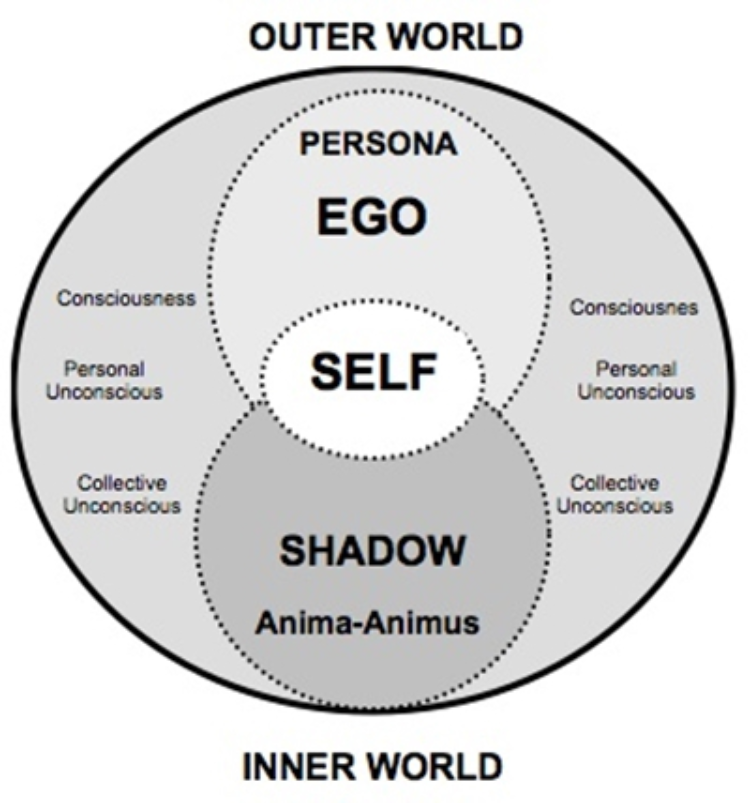
Jung believed that complexes existed in both the personal unconscious and the collective unconscious. The collective unconscious is made up of the structures shared by individuals. This is why people experience similar symbols in dreams.
The complexes can be thought of as autonomous personalities buried deep within you. There is the Shadow; all those thoughts, feelings and behaviours that are repressed throughout life.
There is the Anima and Animus, or the soul-image, the female and male component of individuals respectively. Finally, there is the Self. The Self is also known as the God-image. It is the complete integration of the conscious and unconscious aspects of the psyche.
“The Self…embraces ego-consciousness, shadow, anima, and collective unconscious in indeterminable extension. As a totality, the self is a ‘coincidentia oppositorum’; it is therefore bright and dark and yet neither.”
“The Self is the total, timeless man…who stands for the mutual integration of conscious and unconscious” explained Jung in Mysterium Coniunctionis and the Psychology of the Transference respectively
Interestingly, the Self is represented in dreams by the World Tree, a monumental tree that connects the spiritual to the terrestrial. This image parallels the Weirwood trees of Westeros, the mystical structures from which Bran draws his power.

The Ego Death
Jungian psychology includes a phenomenon called ‘psychic death’, which is synonymous with the more general term ego death. Jung viewed this as a dissolution of the conscious ego, resulting in a return to the natural Self.
Ego death can be more broadly defined as a “complete loss of subjective self-identity”. In psychedelic experiences, it is known as ego-loss, or ego dissolution. Almost all psychedelics appear to affect the same part of the brain, which results in an altered state of consciousness.
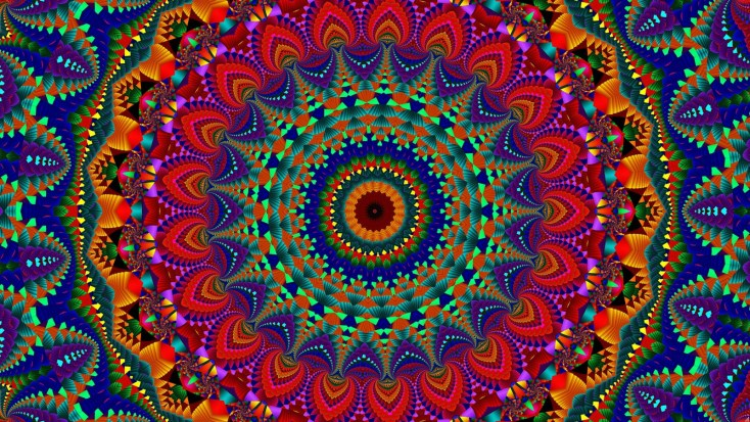
This altered state of consciousness can manifest itself in ego-death, where one loses their sense of self and experiences the ‘cosmic consciousness’.
“This experience of ‘ego death’ seems to entail an instant merciless destruction of all previous reference points in the life of the individual … Ego death means an irreversible end to one’s philosophical identification with what Alan Watts called ‘skin-encapsulated ego” wrote Stanislav Grof, a Czech psychiatrist and a founder of transpersonal psychology.
Three-Eyed Raven as Ego Death
This appears to be the experience of Bran as a Three-Eyed Raven. He experienced ego-death, which dissolved his subjective experience. Bran explains to Jaime that he’s ‘something else now’; the Three-Eyed Raven.
The Three-Eyed Raven is the Jungian Self, the totality of conscious and unconscious experience. Admittedly, Bran still partially consists of Bran, such is his physical embodiment. However, this is merely the tip of Bran, with most of his Being lying beneath the unconscious.
This explains why Bran appears so apathetic towards his family and allies. It’s not that Bran doesn’t want to help them. Rather, it’s as if Bran holds no attachment to the politics that characterise Westerosi society. This is the ego death of Bran Stark.
His goal appeared to be stopping the Night King. He explained how to lure him into the Godswood. He also gifted his sister, Arya, with a Valyrian steel blade that she used to slay the Night King. Perhaps he knew that was enough.
During ego-death, it’s said that the person often returns from the experience with something of value, something to share with the world. Those who criticise Bran’s ‘apathy’ seem to forget that he is responsible for sharing Jon Snow’s true parentage.
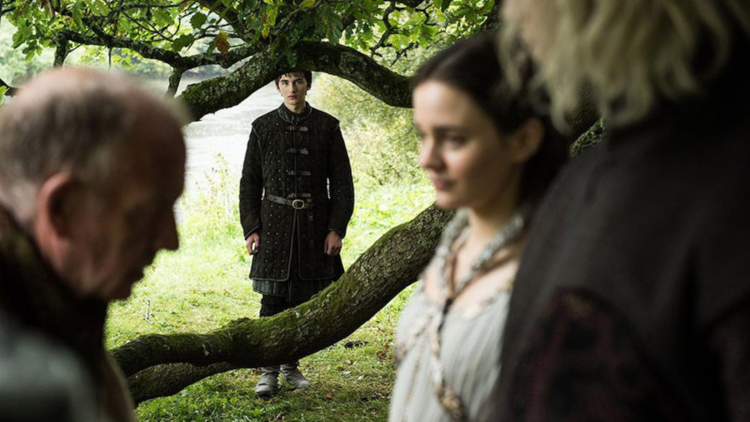
This is not an inconsequential fact. It is of paramount importance to Westeros. The realm has suffered from poor rulers for decades now. Jon Snow is a hero, is perhaps the only man capable of ruling both wisely and fairly.
This is Bran’s gift to the world.
[perfectpullquote align=”full” bordertop=”false” cite=”” link=”” color=”#4AC1A8″ class=”” size=””]Suggested Reading: The Futurist | Real Iron Man Technology[/perfectpullquote]
